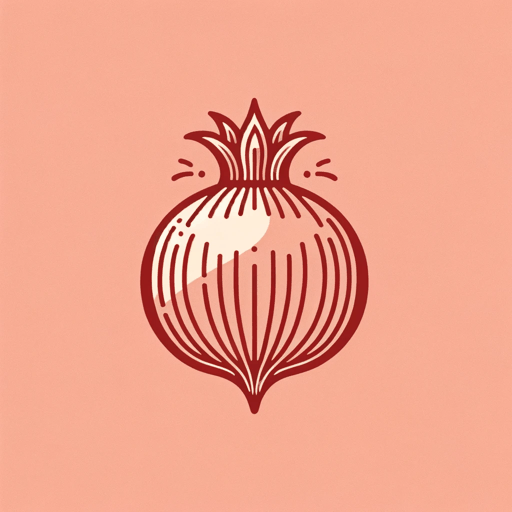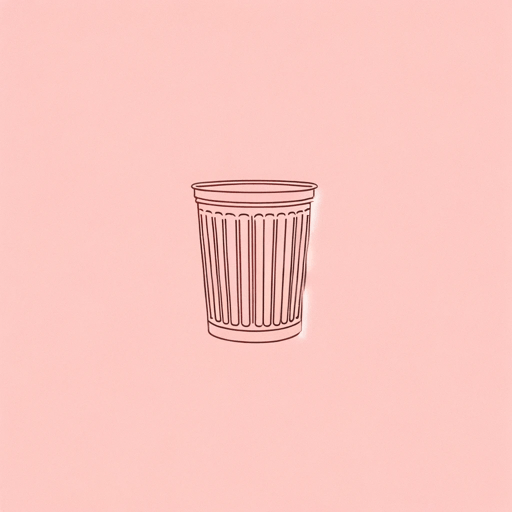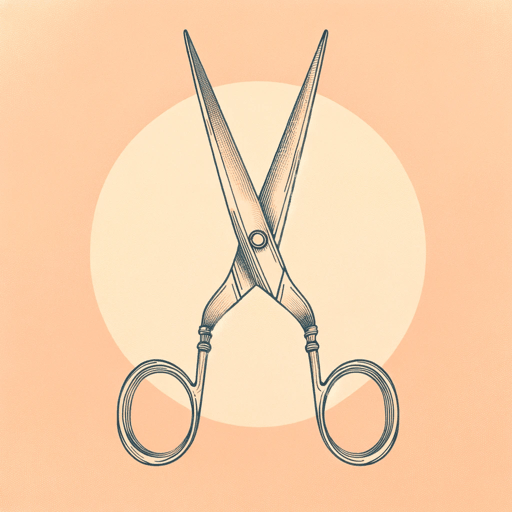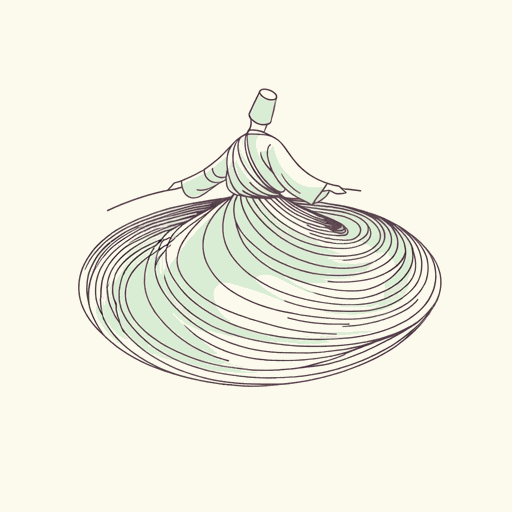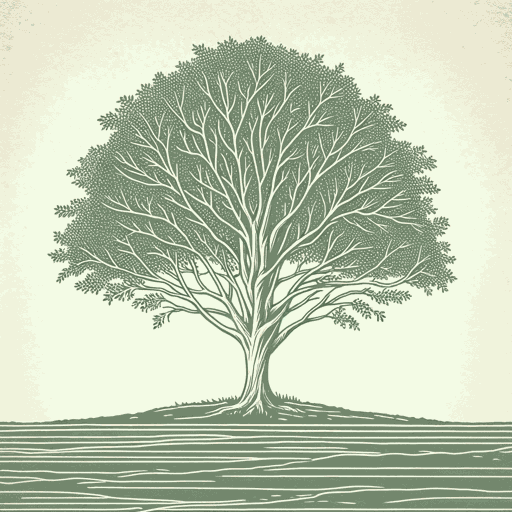62 pages • 2 hours read
Elif ShafakThe Bastard of Istanbul
Fiction | Novel | Adult | Published in 2006A modern alternative to SparkNotes and CliffsNotes, SuperSummary offers high-quality Study Guides with detailed chapter summaries and analysis of major themes, characters, and more.
Symbols & Motifs
Tea Glasses
Tea glasses figure prominently as a symbol in both the first and final chapters of the novel. The glasses symbolize Zeliha’s association of womanhood and femininity with fragility. In Chapter 1, “Cinnamon,” Zeliha is 19 and pregnant. Before going to her appointment to have an abortion, she buys a glass tea set from the market where she goes to buy cinnamon for dessert. Zeliha can never resist buying a tea set, despite having “at least thirty different glass tea sets at home, all bought by her” (8). She feels compelled, always, to buy another set because they are “[s]o damn fragile” (9), which infuriates her. She stockpiles them, always preparing for the worst, because she lacks faith in the durability of their design. It’s significant that Zeliha buys yet another tea set before setting off to her appointment. It’s an indication that she is trying to fortify herself against a possible break.
At the end of the novel, after her brother and rapist, Mustafa, has died, and she has told her daughter, Asya, that Mustafa is her father, Zeliha has become fortified by the truth. She takes her partner Aram a glass of tea, using one of the glasses that she bought long ago, and marvels at how sturdy it has remained after so many years.
Related Titles
By Elif Shafak
